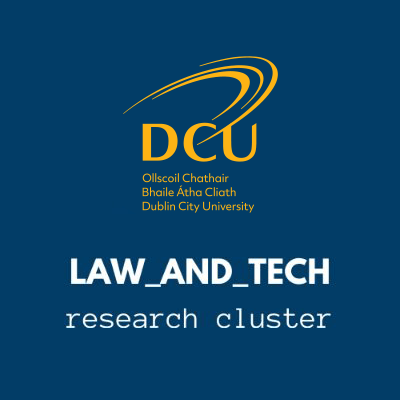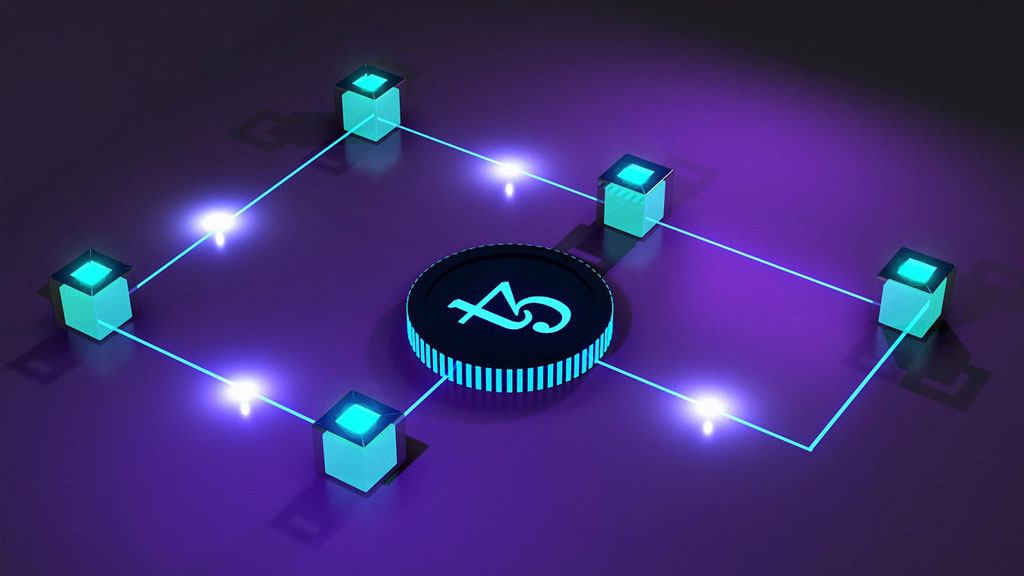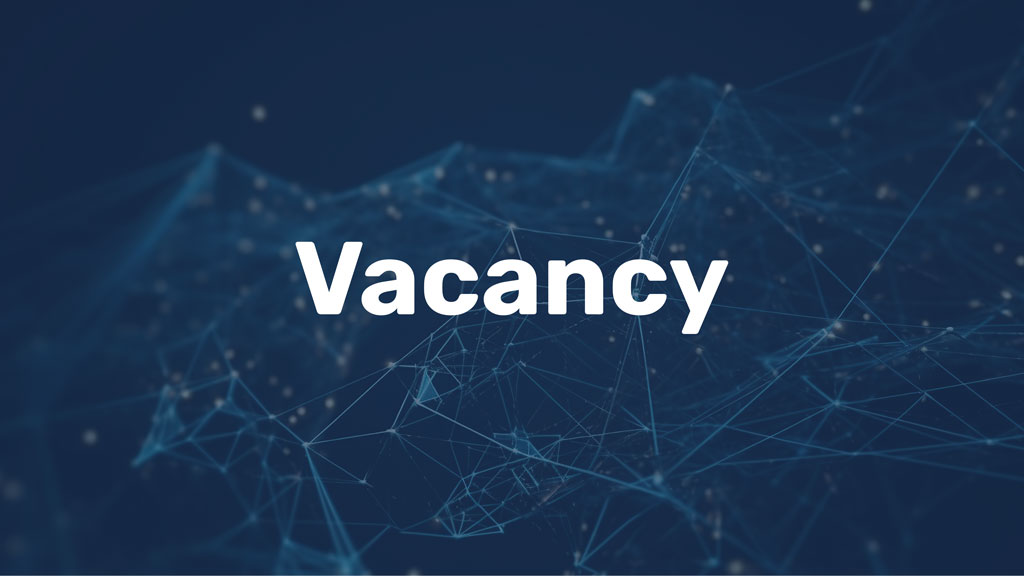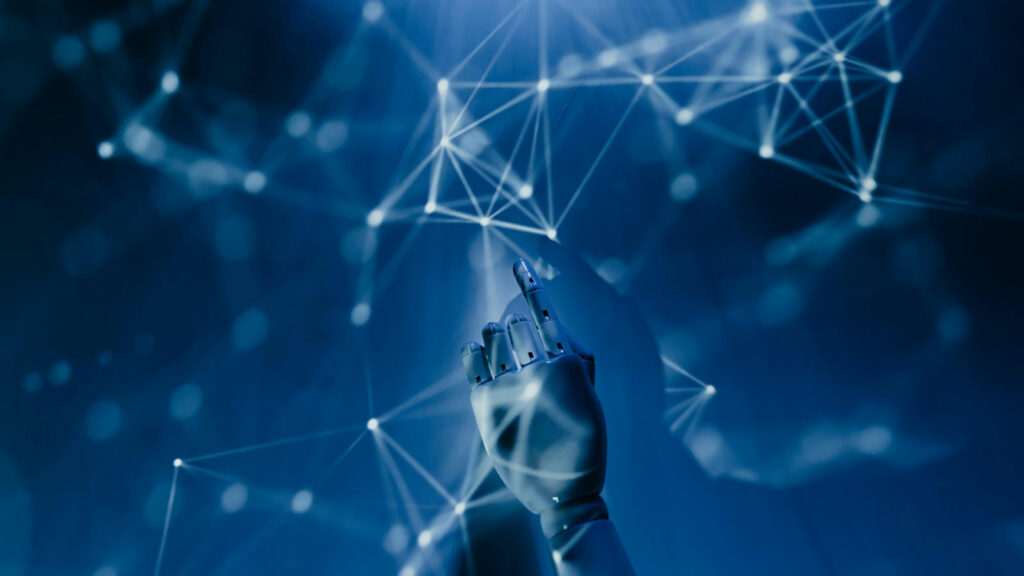Blockchain Based Smart Contracts and DAOs
Blockchain technology is a groundbreaking security technology which has risen to prominence over the last decade. The origins of can be traced back to the 1970’s, but the growing popularity of cryptocurrencies has raised the question of incorporation of this technology into other aspects of society. The adoption of Blockchain Based Smart Contracts (BBSM) enhances traditional contracts by making them safer, more efficient, and transparent. The lack of regulation of BBSMs, and the widespread use of this new technology has led to the emergence of Decentralized Autonomous Organizations (DAO) which seek to govern this technology within the technological boundaries. DAOs can be traced back to their original concept as Decentralized Autonomous Corporations. DAOs are, in essence, a decentralized network of stakeholders who use automatic enforceable rules through blockchain technology.
First Attempt to Regulate DAOs
DAOs have grown in popularity as their participants seek to avoid the intricate regulations and slow processes of traditional corporations. In response to this growing trend, the United States sought to find a firm law framework for them to operate within. The first legislation passed was in 2018, when Vermont passed a bill to regulate Blockchain Based Limited Liability Companies (BBLLC), which allows the BBLLC to be have recognized legal status , allowing it to enter contractual agreements and offer liability protection to members. This was followed in the same line by Wyoming with their recognition of DAOs as new forms of legal entities which would be called DAO LLC or LAO. The problem with this approach is that it deteriorates certain qualities of the original conception of DAOs and why they came to existence, as they require a legal regime which in many respects is similar to that of traditional LLC.
The underlying technology behind DAOs are Smart Contracts, which in turn make Smart Corporations, distinguishing them from more traditional or Dumb Contracts. There is more than one way of constituting a DAO and more than one objective they can pursue. This makes the needs of the different organizations wide, and thus the approach of one size fits all seems inadequate, especially considering that DAOs could be participatory or algorithmically based depending on how they are taking the decisions within the organization. In this sense, they can also be classified as Public, Private, and Semi-Private; Tokenized or Untokenized; Permissioned, Shared, or Distributed Ledger; and with a Public or Private Access Key. All these variables, raise questions on how to efficiently govern DAOs without taking away key elements to keep them fast, reliable, and safe.
New Regulations
 The 1st of March 2023, the US state of Utah passed a DAO Act which provides a form of legal recognition and limited liability unique to DAOs. This law was inspired by the DAO Model Law which comes from the COALA think tank to regulate and govern DAOs. According to Robert B. Lamb, who is leading the DAO legislation effort in Utah, the law has different features than that of Vermont and Wyoming. The most distinctive characteristics is that the law “defines the DAO participant base in the abstract (rather than treat them like ‘members’) (…) protects the participants with anonymity redactions in the Bylaws (…) [and] introduces quality assurance requirements for DAO protocols.” The Utah law also doesn’t require the adoption of an administrative overhead which doesn’t really make sense in an algorithm-based DAO because it is set to be governed by the algorithm not by people.
The 1st of March 2023, the US state of Utah passed a DAO Act which provides a form of legal recognition and limited liability unique to DAOs. This law was inspired by the DAO Model Law which comes from the COALA think tank to regulate and govern DAOs. According to Robert B. Lamb, who is leading the DAO legislation effort in Utah, the law has different features than that of Vermont and Wyoming. The most distinctive characteristics is that the law “defines the DAO participant base in the abstract (rather than treat them like ‘members’) (…) protects the participants with anonymity redactions in the Bylaws (…) [and] introduces quality assurance requirements for DAO protocols.” The Utah law also doesn’t require the adoption of an administrative overhead which doesn’t really make sense in an algorithm-based DAO because it is set to be governed by the algorithm not by people.
Further advantages of the bill include the fact that DAOs will be able to manage funds through a shared wallet, without the requirement for a corporate structure. The statute also acknowledges DAOs as transnational entities, and establishes a regime of accountability, while maintaining the flexibility for innovation. Furthermore, it recognizes that the technology guarantees that the system operates automatically, which is now considered equivalent to the legal safeguards that require manual reporting procedures.
Concerns over regulation
Although the law seems like a huge step in DAO legislation, there are some concerns on specific topics surrounding the legislation. One of the main concerns is around tax and how state and federal tax realities will apply when LLCs are radically different to DAOs. For this topic the legislature chose “LLC wrapping” language, meaning that DAOs are to be taxed in an LLC manner. Another problem that the bill brings up is the unaccountability of the DAO base, which in essence is anonymous. This is an issue which will probably need to be solved by courts and jurisprudence such as Sarcuni v. bZx DAO where the court determined the joint responsibility for activities and liabilities of DAOs and their participants. Only time will tell if the approach of complete flexibility to attract the most amount of DAOs is a safe one, especially considering that blockchain technology has also been rendered vulnerable in the past, such as the Ronin Network in March 2022. Utah is setting forth a new legislation piece which might be overly reliant on the quality of blockchain technology, to attract the most investment and innovation.
Utah is a promising jurisdiction when it comes to DAOs as its innovation environment allows for the different types of DAOs to find legal personhood, and act as more formal agents within society. The Utah legislation piece and the forthcoming New Hampshire regulation might raise the Delaware Effect, in which a race to bottom has begun in regulating DAOs throughout different jurisdictions. There is a real dilemma when regulating DAOs, because stringent regulation adapting to already working corporations such as LLC seems to be problematic because it impedes legal and technological innovation, but total freedom brings the aforementioned risks. This is the common dilemma in social advancement when a new disruptive technology such as Blockchain finds its way through society. This has happened with cars that came to replace horses, with Uber and taxis, and now with DAOs and traditional companies.
 Juan Diego Arregui is a Partner at Calderon & Associates Law Firm. He holds a Masters in Juridical Argumentation from Alicante University and a Masters in Law Research with a focus on Constitutional Law from Simon Bolivar Andean University. He is currently studying the EMILDAI programme and his main research focus is Artificial Intelligence.
Juan Diego Arregui is a Partner at Calderon & Associates Law Firm. He holds a Masters in Juridical Argumentation from Alicante University and a Masters in Law Research with a focus on Constitutional Law from Simon Bolivar Andean University. He is currently studying the EMILDAI programme and his main research focus is Artificial Intelligence.




